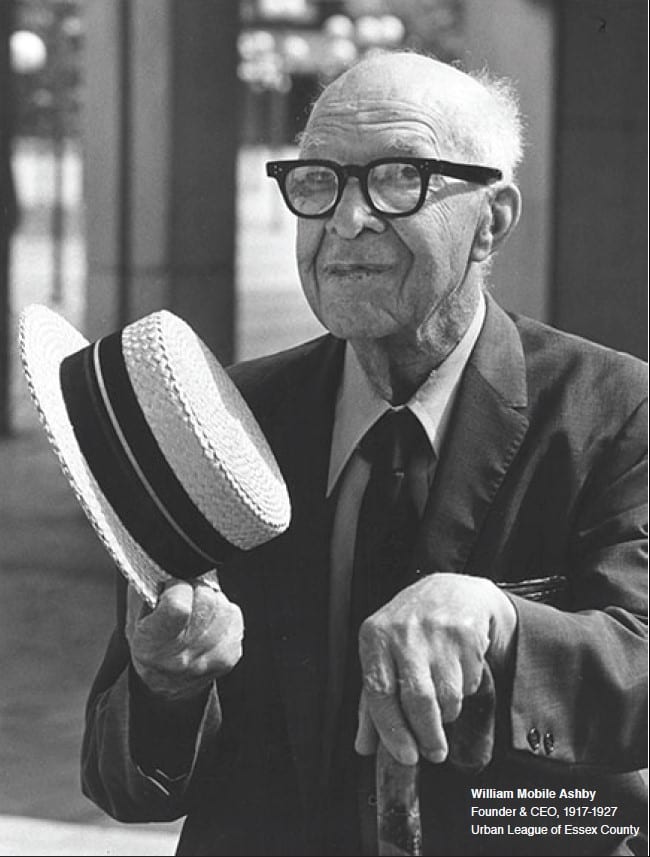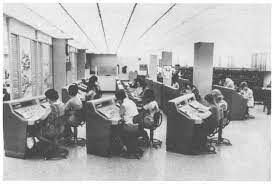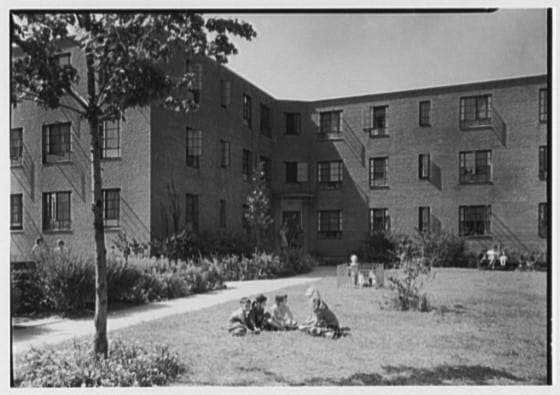1917
- The Negro Welfare League of New Jersey was formed “to improve the social, economic, and moral conditions” of black workers arriving from the South to work at leather factories, iron works, breweries and other manufacturing companies who found that discrimination had followed them northward, despite the greater opportunities.
- William Ashby, the son of black land owners in Virginia, a Yale graduate, and New Jersey’s first trained social worker became the organization’s first leader. “The Urban League at that time was the only organization whose purpose and aim might give direction to the solution of some of the problems,” Ashby later explained in his memoir, Tales Without Hate.


1940s-1950s
- Many manufacturers left the city as did many of the people they employed, leaving behind a community that was predominantly poor and black. In response, ULEC led social research and planning initiatives, provided job training, and assisted troubled youth.
- Placed first black women as operators in NJ Bell and the first black bus drivers.

1950-1960s
- Accelerated efforts to desegregate housing. Formed New Jersey Committee against Discrimination in Housing.
- Advocated for the Newark Housing Authority to abandon its segregated housing policies, at projects like Bradley Ct.
1960s-1970s
- The beating of a black taxi driver by white police officers set off five summer days of protest, leading to many corporations and white and affluent residents fleeing the community. During this time ULEC found new ways to fortify the communities that remained, including by helping women heading households to transition to work.

1980s
- ULEC formed the ULTRA partnership with IBM, which taught data entry, word processing, computer programming and other in-demand technology expertise.
1990s
- ULEC opened a Family Technology Center to address the digital divide in home computer access.
Early 2000s
- Provided academic tutoring and after school to over 400 children and launched the Mature Workers Program to help older adults enter the workforce.
2010 – today
- ULEC has transitioned from a social services agency with important but disparate programs to a comprehensive community development corporation with holistic programs such as: Early Childhood, Urban Youth Empowerment, Urban Seniors Jobs, Financial Opportunity Center, Housing Counseling, Real Estate Development, Community Development and ThriftWORKS.
2017
THE POWER OF 100
Urban League celebrated 100 years of community building and impact.
Our belief in the American dream — that everyone should have an equal opportunity to achieve success and prosperity through hard work, determination, and initiative — has taken the Urban League of Essex County (ULEC) through a century of empowering local residents. When we began our work 100 years ago, leather factories, iron works, breweries, and other factories thrived along the Morris Canal. Black workers streamed into Essex County from the South, escaping Jim Crow oppression and drawn by the plentiful jobs and available housing stock.
The Urban League was formed “to improve [the] social, economic, and moral conditions” of these new arrivals, who found that discrimination had followed them northward, despite the greater opportunities. Our founders named William Ashby as their first leader; the son of black landowners in Virginia and a recent Yale graduate, and New Jersey’s first trained social worker. “The Urban League at that time was the only organization whose purpose and aim might give direction to the solution of some of the problems,” Ashby later explained in his memoir Tales Without Hate.
Prohibition and the Great Depression hit the area hard. Manufacturers left the city, and so did many of the people they employed; those who remained were predominantly poor and black. Under Mr. Ashby’s leadership, the League sought “to obtain for Negroes more and better jobs, to find better houses for them to live in…and to have them fit in as responsible citizens in the community.” ULEC led social research and planning initiatives, provided job training, and assisted troubled youth. As the economy revived, ULEC placed the first blacks and the first women in many local enterprises including Western Union, Westinghouse, RCA, and others. Mr. Ashby publicly challenged racial discrimination in Essex County and beyond, believing, “there is no one whom I am better than. On the other hand, there has never been…anyone who is better than I am.”
During the second half of the twentieth century the American economic base shifted again, this time from manufacturing to services. ULEC began to train local residents in the “soft skills” of business, successfully placing them in white-collar jobs that had previously been unavailable to blacks at companies such as Prudential Financial and New Jersey Bell Telephone. Even so, as job opportunities continued to dwindle for Newark’s black working class and racial and economic equality failed to materialize from civil rights victories, long-simmering tensions boiled over in 1967. The beating of a black taxi driver by white police officers set off 5 summer days of protest, violence and property destruction from which the city has yet to completely recover.
Corporations left the area in the aftermath, along with white and more affluent residents. During this time ULEC found new ways to fortify the communities that remained. The League helped women heading households to transition from welfare to work. In the 1980s the ULTRA partnership with IBM in the 1980s taught data entry, word processing, computer programming and other in-demand technology expertise; while in the 1990s a Family Technology Center opened to address the digital divide in home computer access.
In the 21st century ULEC has engaged with Essex County residents to find out how we are doing and what they need most to thrive. They have told us their greatest needs include access to jobs, education, and opportunities for young people; as well as community development and affordable infant care.
Since becoming our President and CEO in 2004, Vivian Cox Fraser has led our response to those needs, transitioning ULEC from a social services agency to a comprehensive community development corporation. Our programs designed to revitalize local neighborhoods, such as the Early Childhood, Urban Youth Empowerment, Urban Seniors Jobs, Financial Opportunity Center, Housing Counseling, Real Estate Development, Community Development and ThriftWORKS.
As the late Rutgers University professor Clement Alexander Price noted, “When Newark was at the center of New Jersey’s urban universe, the League was at the center of the quest for equal opportunity. And when New Jersey’s and Essex County’s suburbs distanced themselves from Newark, the League...led the charge to connect all residents… to a common ideal of justice, opportunity and progress for all.”
As we embark on the next 100 years of service, we invite you to share our mission of ensuring that all of Essex County’s residents can realize their potential and fully participate in the American dream.
